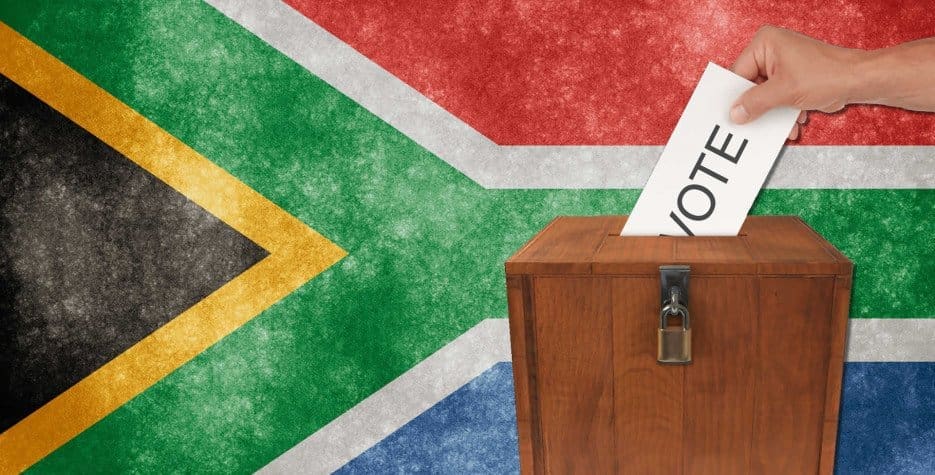Telkom has deployed the latest generation of W-LAN technology, the Wi-Fi 6 in support of the Local Government Elections 2021. Launched in 2019 and used for the first time in a South African election, the latest version of Wi-Fi technology will be one of the fit-for-purpose technologies deployed by Telkom for these elections.
According to Prashil Gareeb, Managing Executive Wireless Solutions, Telkom continuously works to deploy the most advanced technologies for the Independent Electoral Commission. During the election period, the Telkom network supports multiple electoral officials, the security cluster, media and public officials. All are co-located at the nine main results centres across the country.
This latest technology is designed for high density environments. “Unlike its predecessors, it is easier to deploy with one or two access points, requiring less cabling while allowing for stronger and better networks,” says Gareeb.
The Wi-fi 6 allows for more efficient data encoding, resulting in higher throughput, capacity and speeds. “The speeds are significantly improved,” he continues.
Speeds of up to 9.6 gigabits per second have been recorded more than double the current levels of 3.5 gigabits. “This allows all uses on our network real-time downloads a key deliverable for results capturing and broadcasting.”
We are able to deploy the Wi-Fi 6 in these elections because, despite interruptions of COVID, equipment manufacturers adapted quickly and it offers additional benefits such as increased battery life of some devices an important feature for the long hours we work on during the election period.
The technology is supported by managed services in line with our fit-for-purpose approach to deployment of technology. “That is why we are seeing double digit growth in adoption of this technology and our services in the enterprise market for Wi-fi 6,” says Gareeb.
The technology performs extremely well at peak network load outside of elections, its adoption by the banking and retail sectors is a game changer for the expected usage in South Africa, concludes Gareeb.
